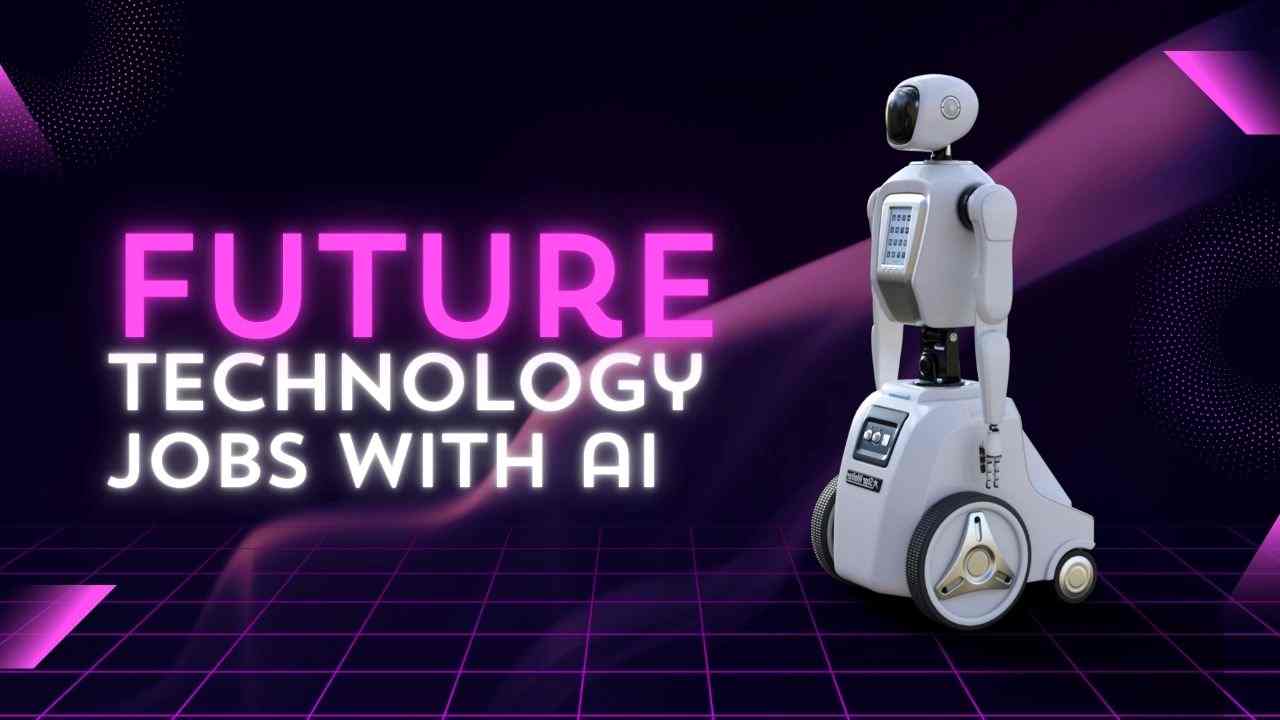If you’ve been hearing a lot about AI (Artificial Intelligence) lately, you’re not alone. It’s everywhere—from your smartphone’s voice assistant to smart recommendations on Netflix. But AI isn’t just about cool gadgets; it’s reshaping the world of work in big ways.
Wondering what this means for your job or career? No worries! Let’s break down how AI is changing jobs, the opportunities it creates, and how you can stay ahead of the game.
What Is AI, Really?
AI is basically technology that can perform tasks that usually need human intelligence. This includes things like:
- Understanding language
- Recognizing images
- Making decisions
- Learning from data
You don’t have to be a tech expert to understand AI—it’s becoming part of everyday tools and software, helping people work smarter, not harder.
How AI Is Changing Jobs Today
AI is already showing up in lots of jobs, changing how work gets done. Here’s what that looks like:
Automating Repetitive Tasks
Think about the boring, repetitive parts of a job—like entering data, sorting emails, or scheduling meetings. AI tools can handle those, freeing up your time for more creative or strategic work.
Helping With Decision-Making
AI can analyze huge amounts of data in seconds, giving managers and employees insights to make better decisions. For example, AI can spot trends in sales, customer behavior, or supply chains.
Creating New Roles
AI doesn’t just replace jobs; it also creates new ones. Roles like AI trainers, data analysts, and chatbot developers are popping up fast. People who understand AI can find themselves in high demand.
What It Means for Your Job
Here’s the good news: AI is mostly about helping people, not replacing them. But it does mean your job might look different in the next few years.
Be Ready to Learn New Skills
Whether you’re in marketing, healthcare, customer service, or manufacturing, knowing how to work alongside AI tools will be a big plus. This might mean learning:
- Basic data skills
- How to use AI-powered software
- Critical thinking to interpret AI results
Focus on What AI Can’t Do
AI is great with numbers and patterns, but it’s not so good at things like:
- Creativity
- Emotional intelligence
- Complex problem-solving
- Building relationships
Jobs that rely on these human skills are likely to stay strong.
Real-World Example: Meet Sarah, the Customer Service Rep
Sarah works in customer service, and a few years ago, she spent hours answering the same questions over and over. Then her company introduced an AI chatbot to handle basic inquiries.
At first, Sarah worried the AI might take her job. But instead, it freed her up to handle more complex customer issues, provide personalized support, and improve customer happiness.
She even learned how to manage the AI chatbot, which made her skills more valuable.
How to Prepare for the AI-Driven Future of Work
You don’t have to be a tech wizard to stay relevant. Here are some easy steps to future-proof your career:
1. Keep Learning
Take online courses on AI basics or digital skills related to your field. Websites like Coursera, LinkedIn Learning, and Udemy have plenty of beginner-friendly options.
2. Build Soft Skills
Communication, teamwork, and problem-solving are more important than ever. These are things AI can’t replace.
3. Embrace Technology
Try out AI tools related to your job. Even simple things like scheduling assistants or data analysis tools can boost your productivity.
4. Stay Curious and Open-Minded
The job market is always evolving. Being flexible and willing to adapt can open new doors you never expected.
What About Job Security?
It’s normal to worry about AI taking jobs. While some roles will change or disappear, new ones will emerge. History shows that technology shifts often create more opportunities than they eliminate.
If you focus on learning and adapting, you can ride the wave instead of getting washed away.
FAQs
1. Will AI take my job away?
Probably not. AI is more likely to change how you work than replace you completely. Jobs that need human creativity, empathy, and complex thinking are safe bets.
2. Do I need to learn how to code to keep up with AI?
Not necessarily. While coding helps, many AI-related jobs and tools don’t require deep programming knowledge. Understanding the basics and how AI fits into your work is often enough.
3. How can I find AI-related job opportunities?
Look for roles in tech, marketing, healthcare, finance, and more that mention AI skills. Use job sites like Quickshire to find updated listings, and consider certifications or online courses to boost your resume.



